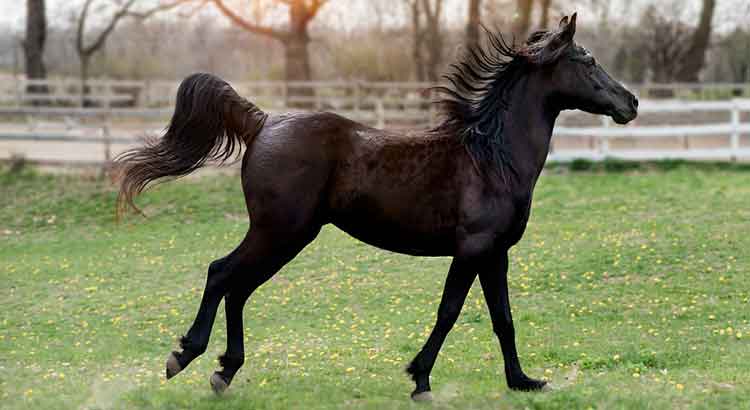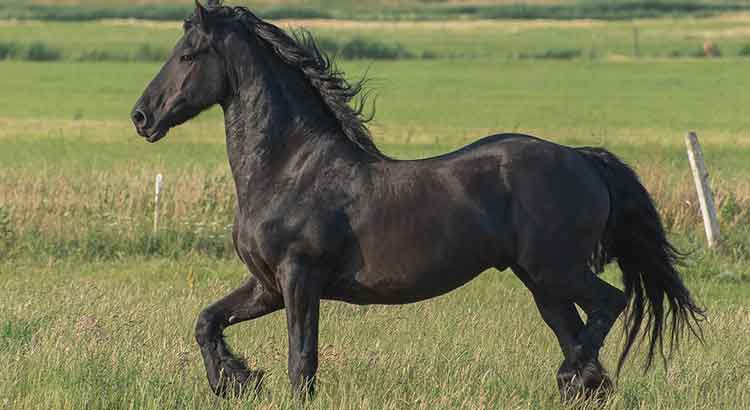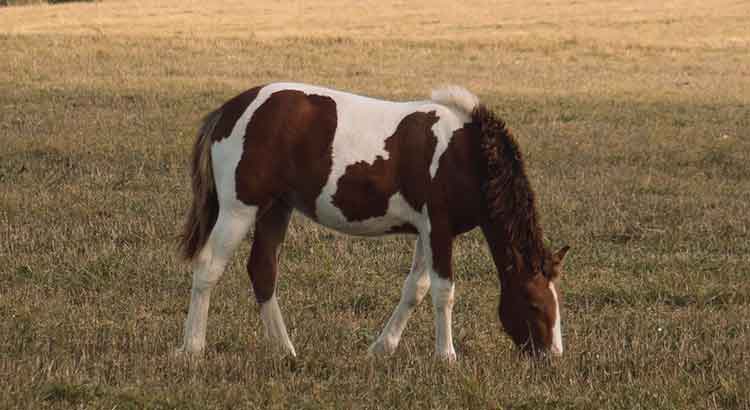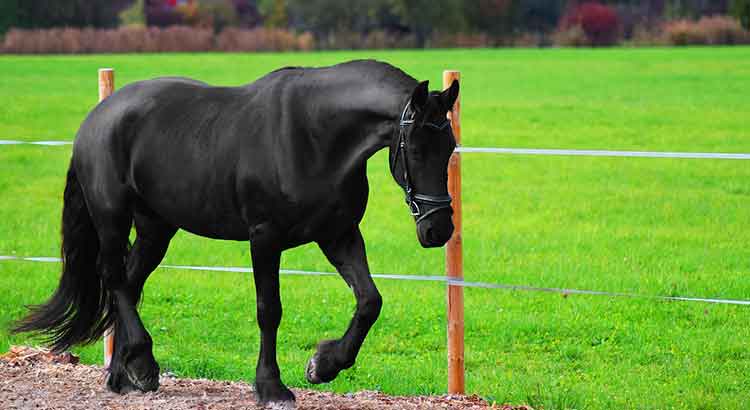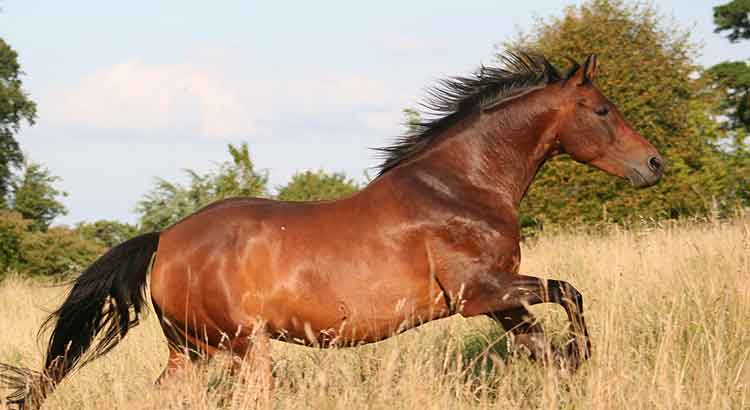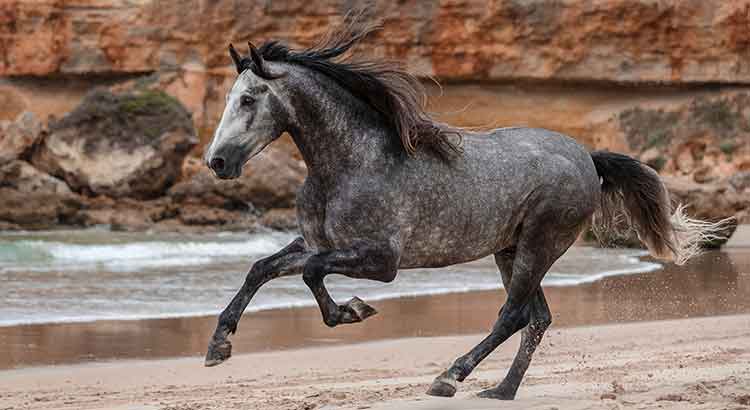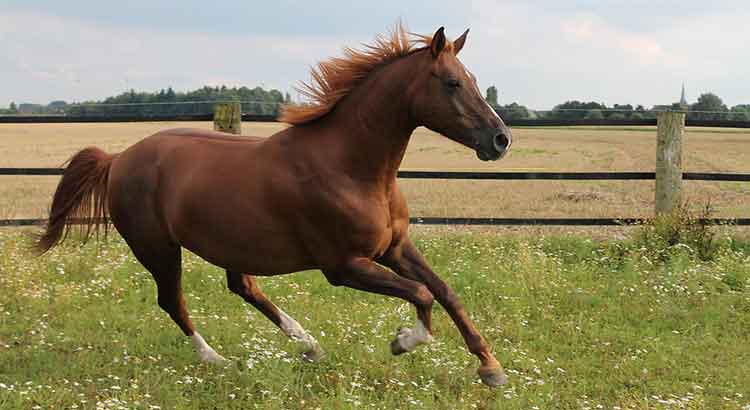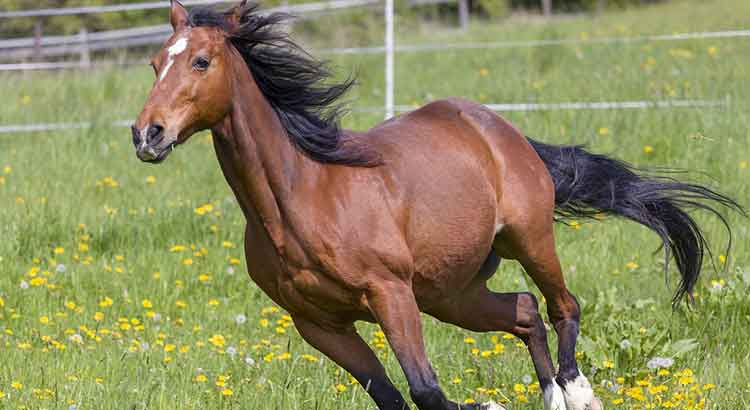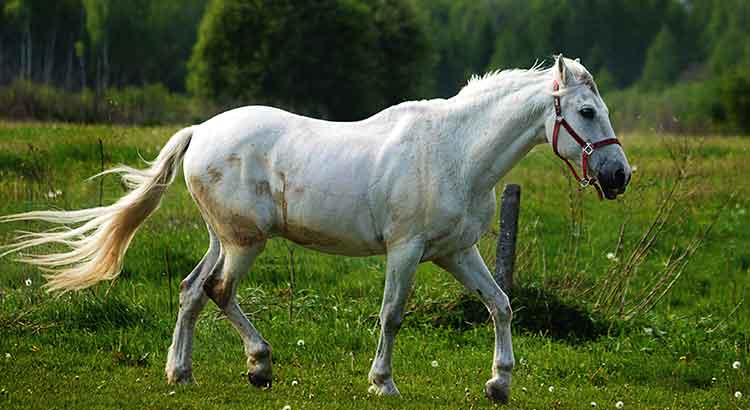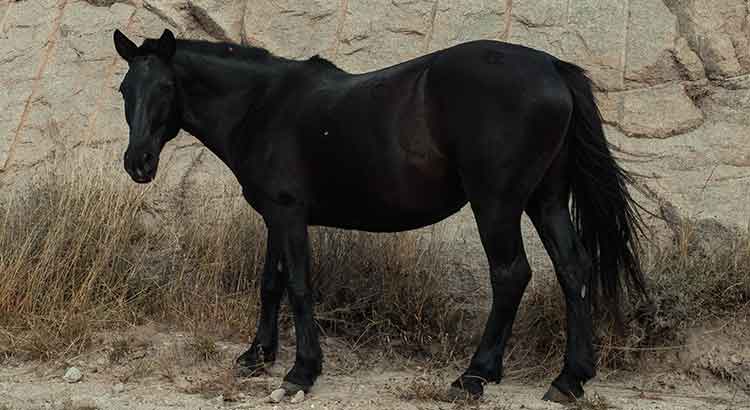What’s a Group of Horses Called? Herd? Think Again!
Do you ever wonder about the quirky names we give to groups of animals? The term “herd” is often associated with horses, but there’s more to the story. Let’s unravel the mystery and discover the accurate term for a group of these majestic creatures. A group of horses is not called a herd, but rather … Read more

